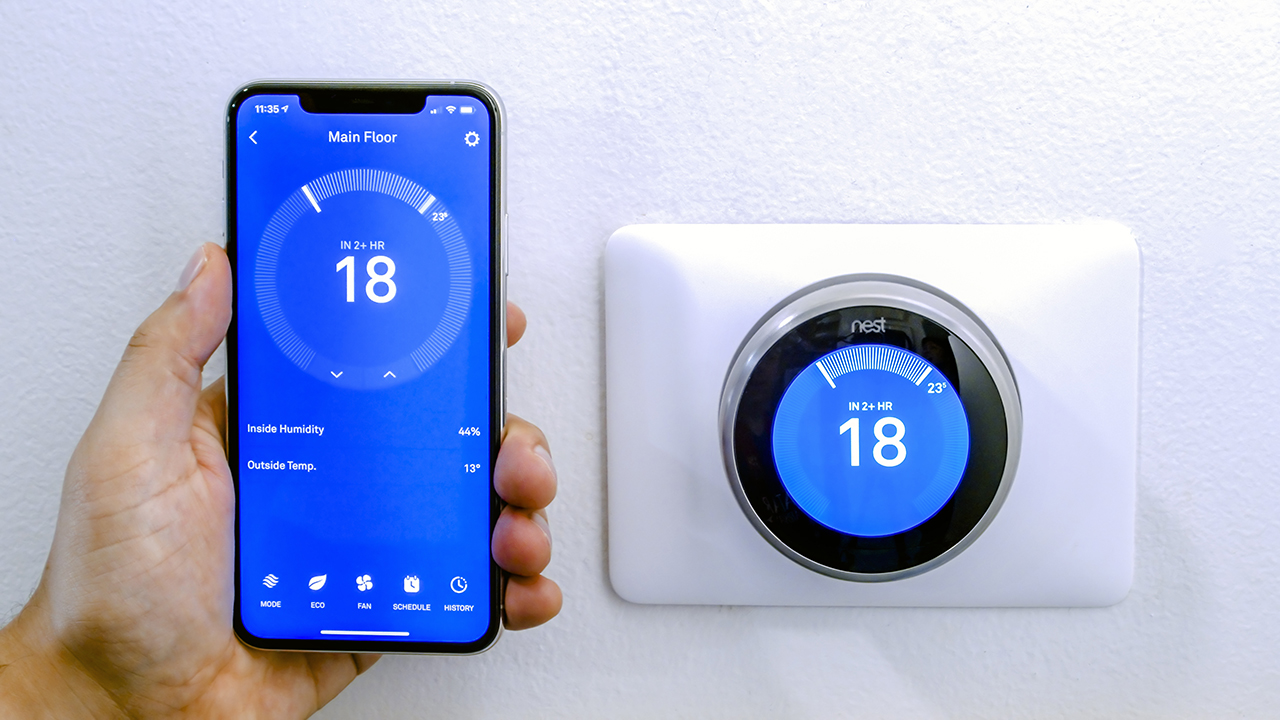Smart Thermostat Market to Hit $26.21B by 2032
The global Smart Thermostat Market is experiencing explosive growth, with projections estimating it will reach USD 26.21 billion by 2032, up from USD 4.75 billion in 2023, at a CAGR of 20.89%. This surge is being fueled by increased consumer demand for energy-efficient home technology, the expansion of smart home ecosystems, and government initiatives promoting sustainable energy use.
Smart thermostats offer advantages over traditional systems by using Wi-Fi and AI to optimize HVAC operations, conserve energy, and provide real-time insights on consumption. Advanced features like occupancy detection, adaptive learning, integration with home automation systems, and predictive maintenance are making these devices more attractive to both residential and commercial users.
Smart Thermostats for Churches
Churches, particularly those with fluctuating occupancy and tight budgets, stand to benefit significantly from adopting smart thermostat technology. These systems allow for automated heating and cooling schedules, reducing energy use during off-peak hours and optimizing comfort during services or events. Many churches, especially older buildings with outdated HVAC systems, can modernize operations without expensive overhauls by integrating smart thermostats.
Additionally, churches involved in community outreach or weekday programs can zone control different spaces, ensuring rooms are only heated or cooled as needed. This leads to substantial cost savings and better stewardship of resources—an important consideration for faith communities focused on sustainability and financial responsibility.
Smart thermostats also support remote access via smartphone apps, allowing church staff or volunteers to manage building climate settings without being on-site. For congregations with multiple facilities or rental usage, this level of control enhances security and efficiency. Participating in utility demand-response programs may offer further savings or financial incentives.
As churches look to integrate more tech-forward solutions, smart thermostats represent a practical and cost-effective upgrade that aligns with long-term energy and operational goals.
For more details, refer to the original article on Introspective Market Research.
editor's pick
News via Inbox
Stay ahead in the fast-evolving world of church technology with our Newsletter! By subscribing, you will gain access to a wealth of information and resources designed to keep you informed and empowered.





